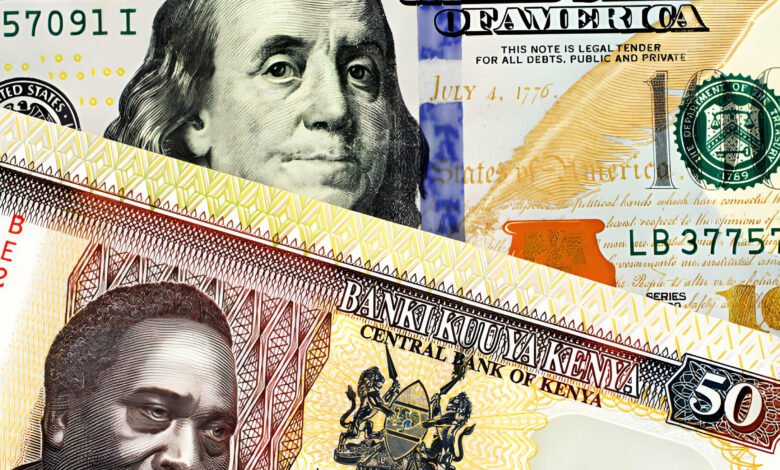
The US Dollar recently experienced a shift in trajectory, challenging its dominance over the Kenyan Shilling.
For months, there was speculation that the local currency might reach the 200 mark by mid-year.
An earlier report by Bloomberg had consulted experts to predict the performance of the Kenyan Shilling over longer time frames.
Their analysis indicates that in 2024, the exchange rate will fluctuate between a yearly low of Ksh161.48 and a yearly high of Ksh.214.72
However, recent data from the Central Bank of Kenya (CBK) reveals that the dollar has stabilized against the shilling at 142.9 units.
It has held steady at 142.9 units for five consecutive days.
In the past month since January 20, 2024, the dollar has depreciated by 11% against the shilling, when it exchanged at 161.75 units.
Why US Dollar is Losing Strength
Interestingly, at the beginning of the year, the Kenyan currency was among the worst-performing in Africa, trailing behind the Naira.
The shift occurred in the context of a $1.5 billion Eurobond issuance, which garnered strong demand from foreign investors.
Also Read: National Treasury Advice to Traders as Kenya Shilling Rallies
This move eased concerns about the repayment of a eurobond due in June.
Foreign investors purchased the local currency to cover Ksh.241 billion ($1.6 billion) of local infrastructure debt issued on February 14.
The Expert View on Shilling
Faith Atiti, Head of Research and Analysis at Diamond Trust Bank said investor apprehensions have subsided following the government’s re-entry into international markets.
“Investor concerns have eased after the government re-accessed international markets,” said Atiti,
“Easing uncertainty should support, albeit gradually, increased investments and consumption — lifting industry and services sectors.”
This improved sentiment is expected to gradually boost investments and consumption, benefiting the industry and services sectors.
Kenyan banks actively participated in the infrastructure bond sale, and local lenders now hold approximately half of the nation’s outstanding public debt.
According to John Gachora, Chairman of the Kenya Bankers Association and Managing Director of Nairobi-based NCBA Group Plc, the debt issue also sparked considerable foreign investor interest, further strengthening the shilling.






Your article helped me a lot, is there any more related content? Thanks!
Your article helped me a lot, is there any more related content? Thanks! https://www.binance.info/it/join?ref=S5H7X3LP